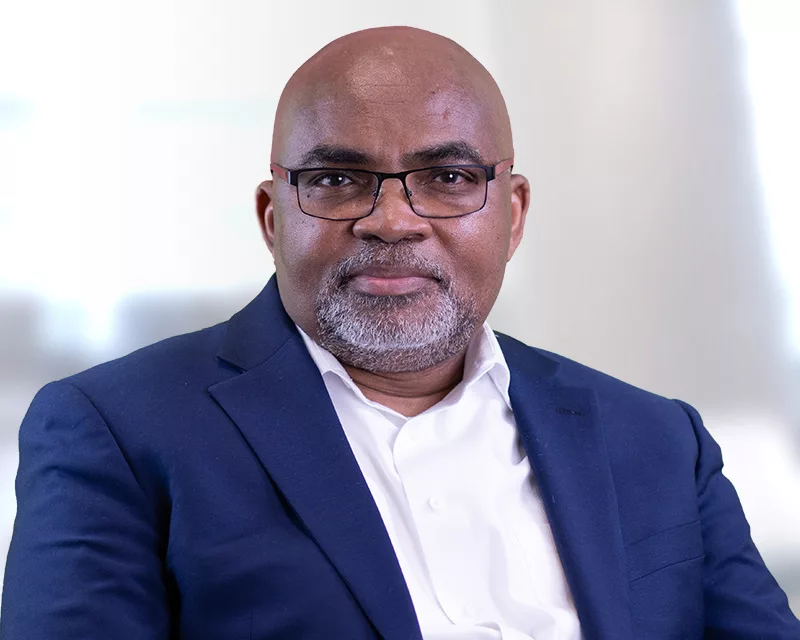|
Getting your Trinity Audio player ready...
|
The Comprehensive Africa Agriculture Development Progamme (CAADP) Biennial Review Reports have shown that countries have missed targets on enhancing investment finance in agriculture, ending hunger, halving poverty, boosting intra-African trade, enhancing resilience to climate variability, and promoting mutual accountability by 2025 as espoused in the commitments that support the Malabo Declaration.
This was revealed by Dr. John Ulimwengu, a Senior Research Fellow in the Development Strategies and Governance Unit of the International Food Policy Research Institute, who currently works on food systems mapping in selected African countries in his presentation titled “Biennial Review (BR) results over the four (4) BR cycles: Performance on the Malabo Era” during the just-ended 20th Comprehensive Africa Agriculture Development Programme (CAADP) Partnership Platform (PP) and the 15th Africa Day for Food and Nutrition Security (ADFNS) held in Harare, Zimbabwe, from 29 October to 1 November 2024.
“So what we are saying is that, yes, we haven’t, based on our own benchmarks, been on track overall. However, there is progress. And of course, we have, as I said, only in the first biennial review that we were on track with respect to our own benchmarks. So let’s do something different. Assume we hire an external reviewer to assess how well we’ve done with Malabo. And the reviewer decided not to use the BR data because it’s self-reporting and instead used data from outside the BR. What will he or she find? Well, that’s what we did.
“The first one is on the nourishment, comparing Africa and the rest of the world. As you can see, yes, there is an improvement as far as Africa is concerned. But the gap compared with respect to the world is still very large. I know some say, they may have a point, that maybe the benchmarks that Africa set were too ambitious. Well, this is a problem. When we compare the world and Africa, the gap is still too significant so we need to work extra time to catch up with the rest of the world,” Dr. Ulimwengu said.
He said it is the same for the yield benchmark.
“We have improved our yields. But when you compare that with the rest of the world, well, we are still very far below. Again, we need to work harder than the rest of the world to expect to catch up at some point with them. It’s the same story with vegetable yields in Africa compared to the world. We are making progress. However, our progress is still below the world average. When you look at the supply, the food supply variability comparing Africa and the rest of the world, Africa was doing quite well up to 2010 compared to the rest of the world but from 2015 downward, we managed to reduce the variability of food. On food variability, the gap between the world and Africa is much smaller compared to where it started in 2015 so this is one good result,” Dr Olimwengu said.
Dr. Hamady Diop, the CAADP Post-Malabo Process Coordinator, said to improve food security, there is a need to bring private sector investment; and develop a resilient food system.






